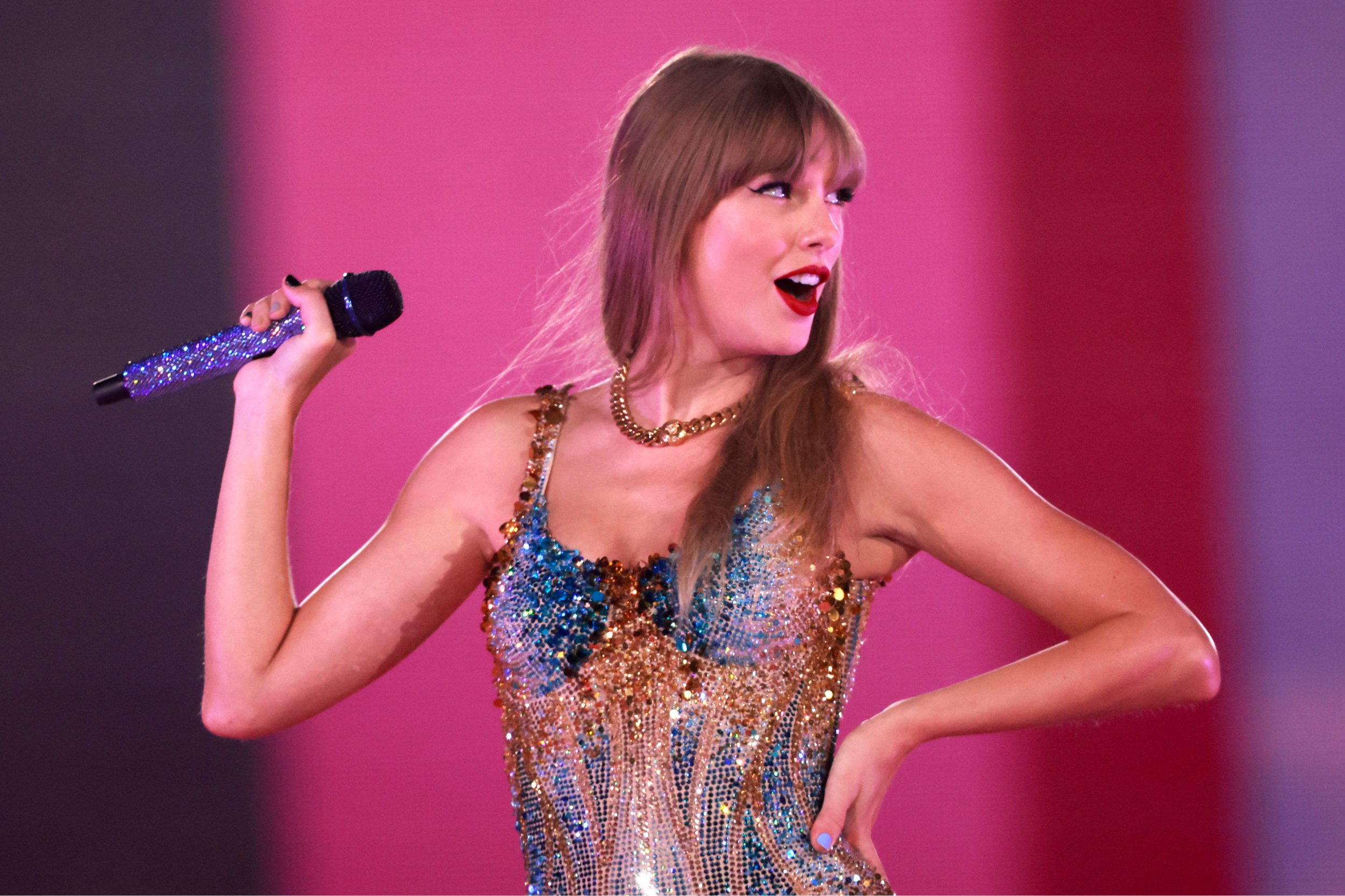
and her ‘new boyfriend’ have been an instant hit with fans but the Player needs to tread carefully around Swifties.
On his with his brother Jason, the Kansas City Chiefs tight-end shared how it was that mastermind, Taylor, had come to see him play.
The 33-year-old is though as clips of her at the game quickly went viral with Swifties ecstatic at
While Taylor and her went to , fans edited clips and rushed out to buy Travis’ jersey in a display of support for this pairing.
The fanbase is known to be dedicated, analysing cryptic (and Machiavellian) clues and buying endless records but .
This isn’t just a protective instinct though as Dr David Giles explained to Metro.co.uk, it is the product of an intense parasocial relationship.
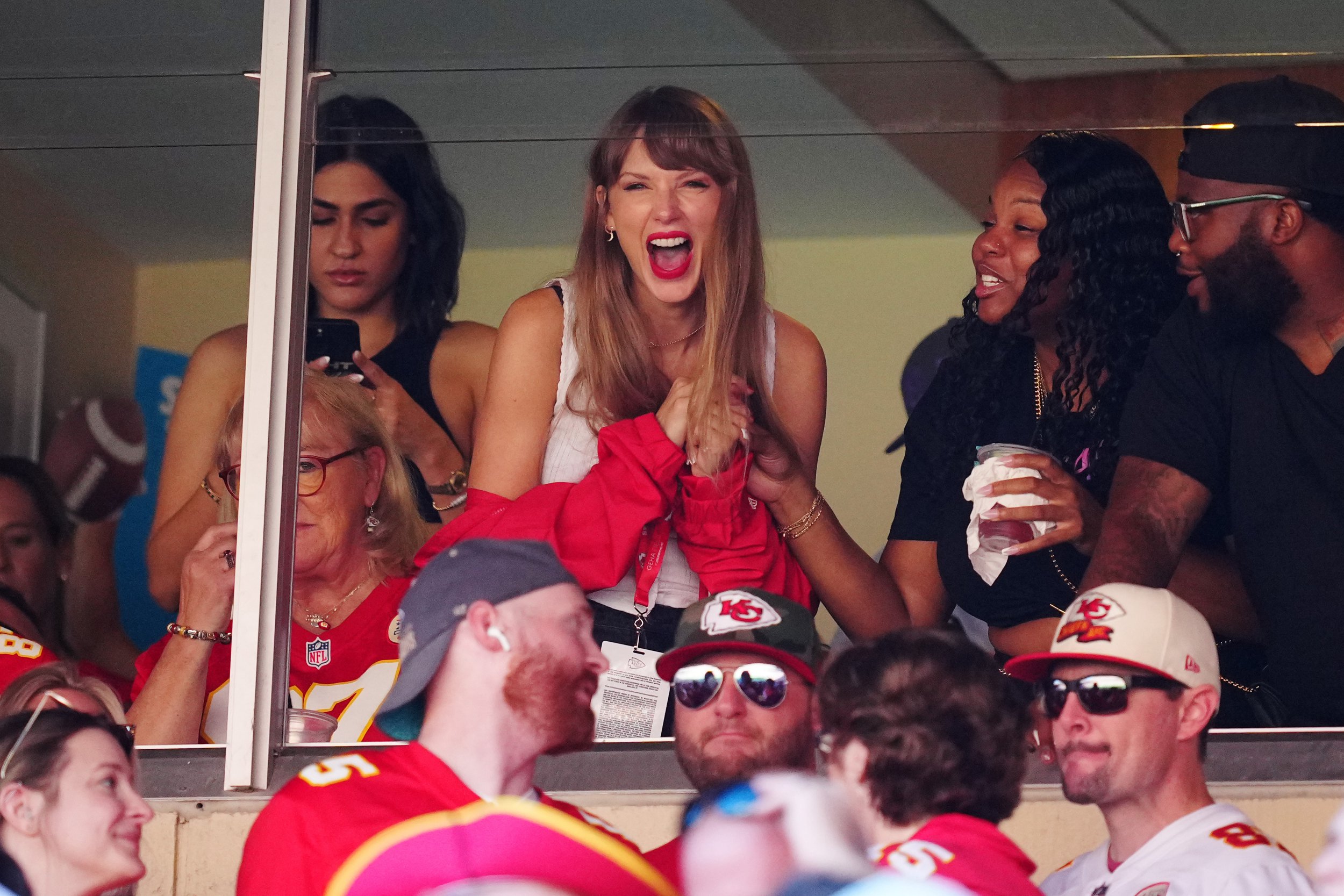
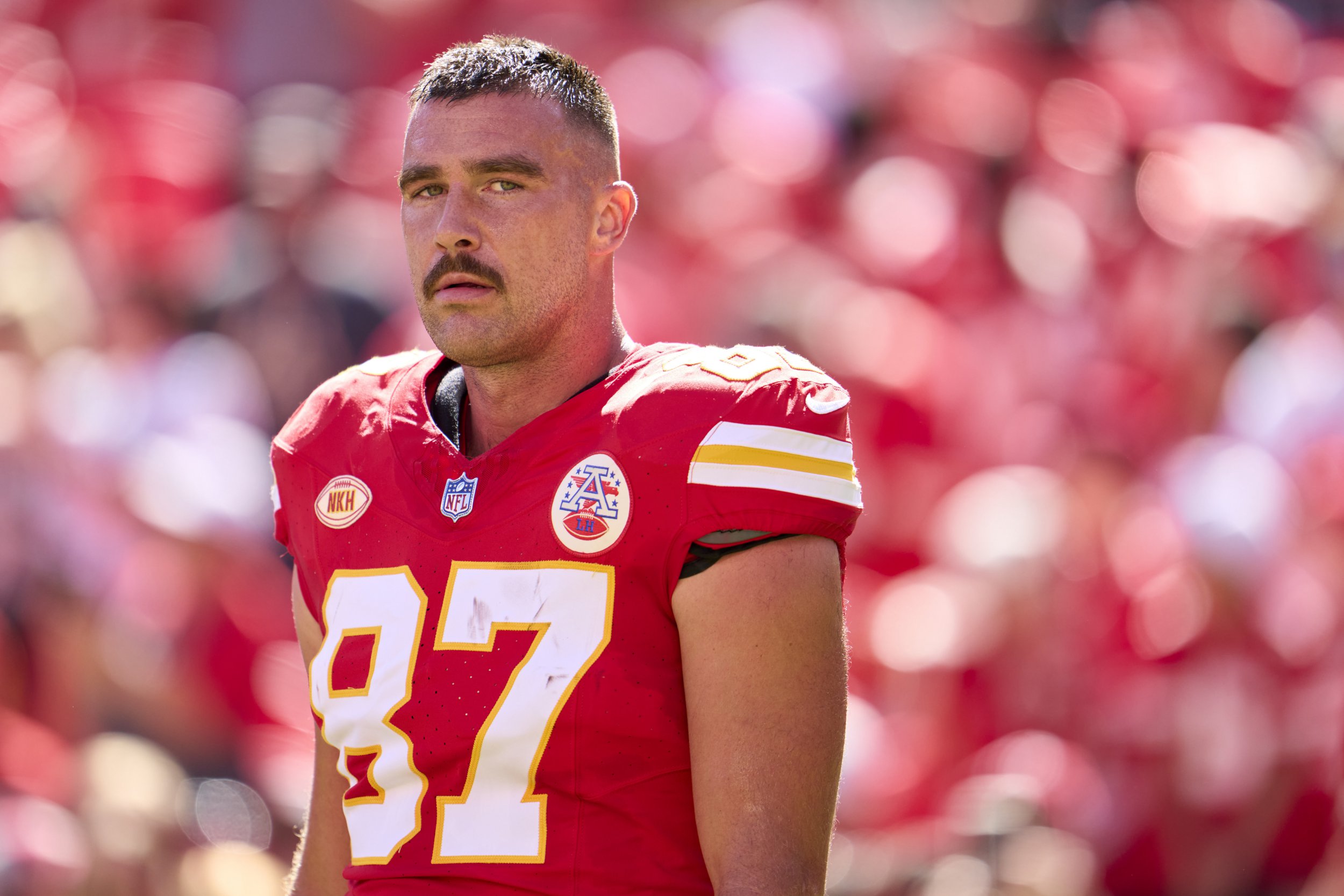
Parasocial relationships simply mean a one-way relationship with someone in the public eye, be that positive or negative.
Dr David sees fan culture as taking this relationship a step further, requiring ‘a degree of commitment’ from the person deciding to identify as a fan – or in this case a Swiftie.
‘Obviously, if we are strongly connected to a media figure we are curious about their day-to-day life, their relationships and so on,’ he said.
We all love updates about our favourite celebrities and their private lives, but misogynistic undertones surrounding have led to Swifties feeling defensive.
Similarly to how someone would defend their friend, fans feel the need to protect the Cruel Summer singer from criticism and very publicly celebrate her wins.
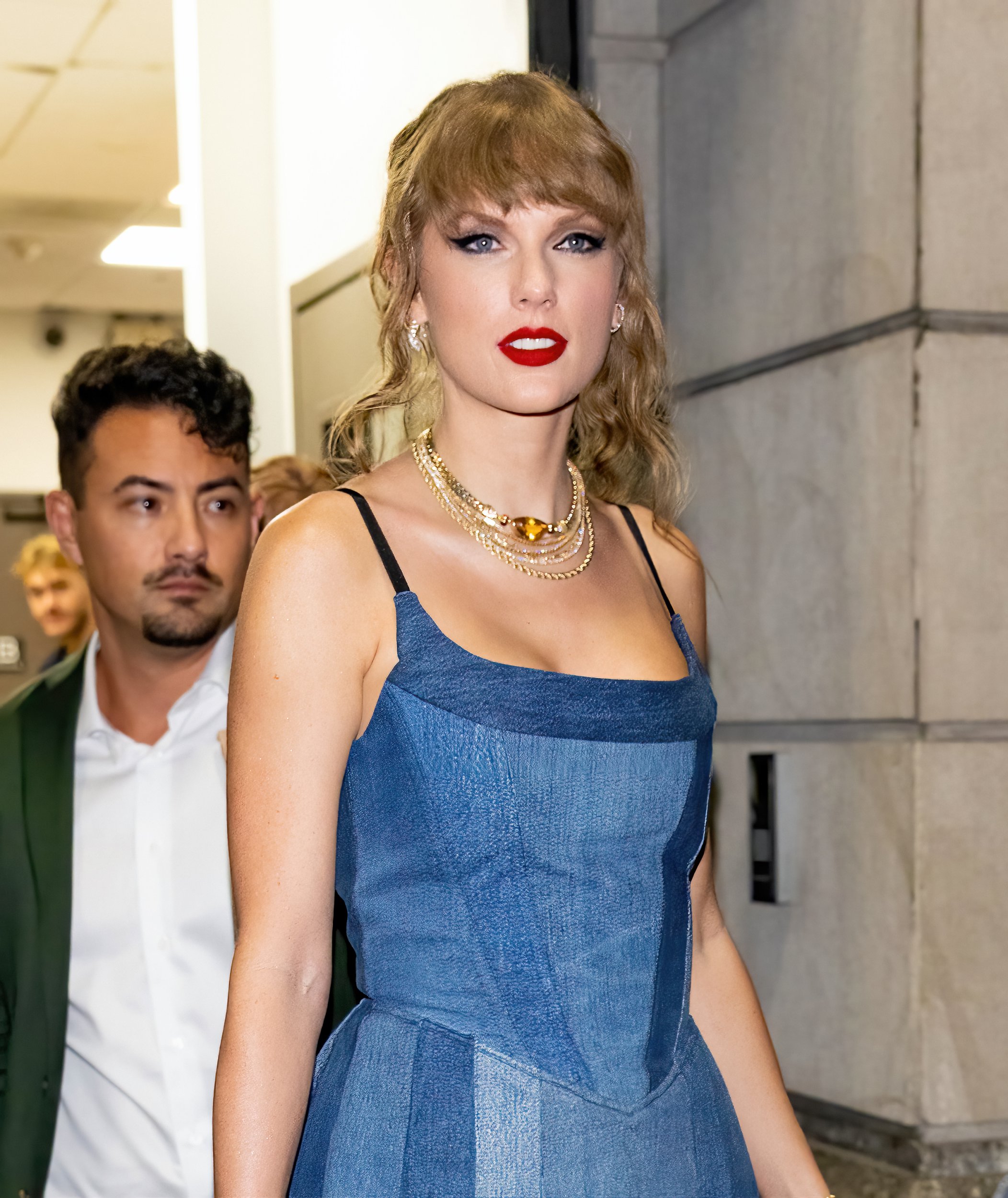
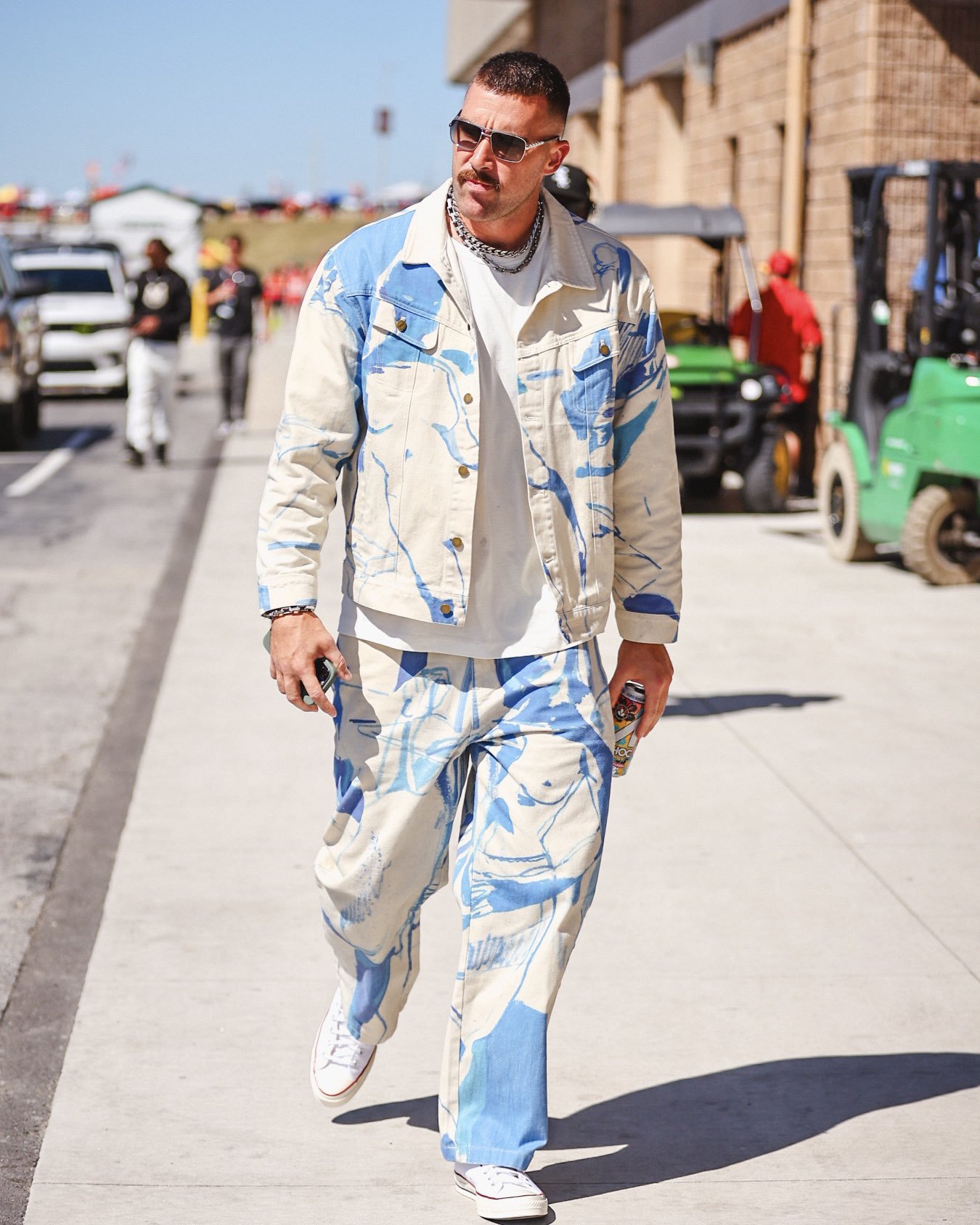
Dr David continued: ‘She’s a big star and very aware of her fan base, so not only are her fans in awe of her celebrity status but they get a certain amount of feedback (not necessarily at a personal level) that encourages intense scrutiny and a feeling of connection.’
This is ramped up by Taylor inviting fans to remember obscure facts about her – such as her fear of sea urchins – and in order to
‘She likes to play with and tease her fan base quite a lot, with snippets of information that sparks curiosity,’ the psychology professor said.
‘The fan base has always been very interactive – one of the things that is often overlooked in parasocial interaction is that the audience can influence each other. It may be a one-way relationship but it’s shared with thousands of others, and that’s important.’
In encouraging her fans to work together and interact with one another, Taylor invites a ‘sharing of the parasocial relationship’, reinforcing the behaviours.
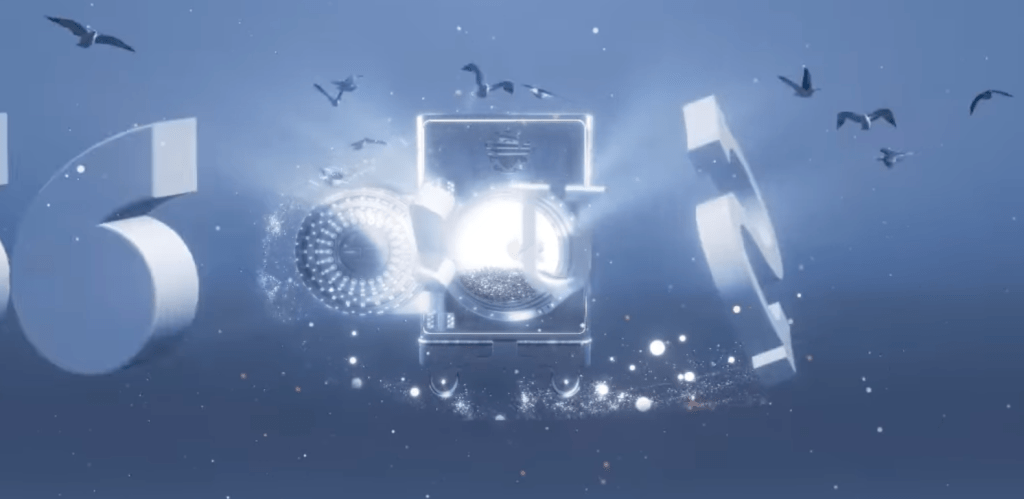
However, this invitation to analyse her lyrics and clues also leads to intense speculation about the 12-time Grammy winner’s private life, which naturally inspires songs.
Some fans take it upon themselves to speculate about the Marjorie singer’s sexuality, claiming she is closeted and her public relationships are PR stunts.
These ‘gaylors’ are shunned by other members of the fandom but are insistent on their interpretation of her sexuality to the point of ridiculing her relationships with men.
Taylor has never commented on her sexuality publicly but she has and been a long-standing ally to the community.
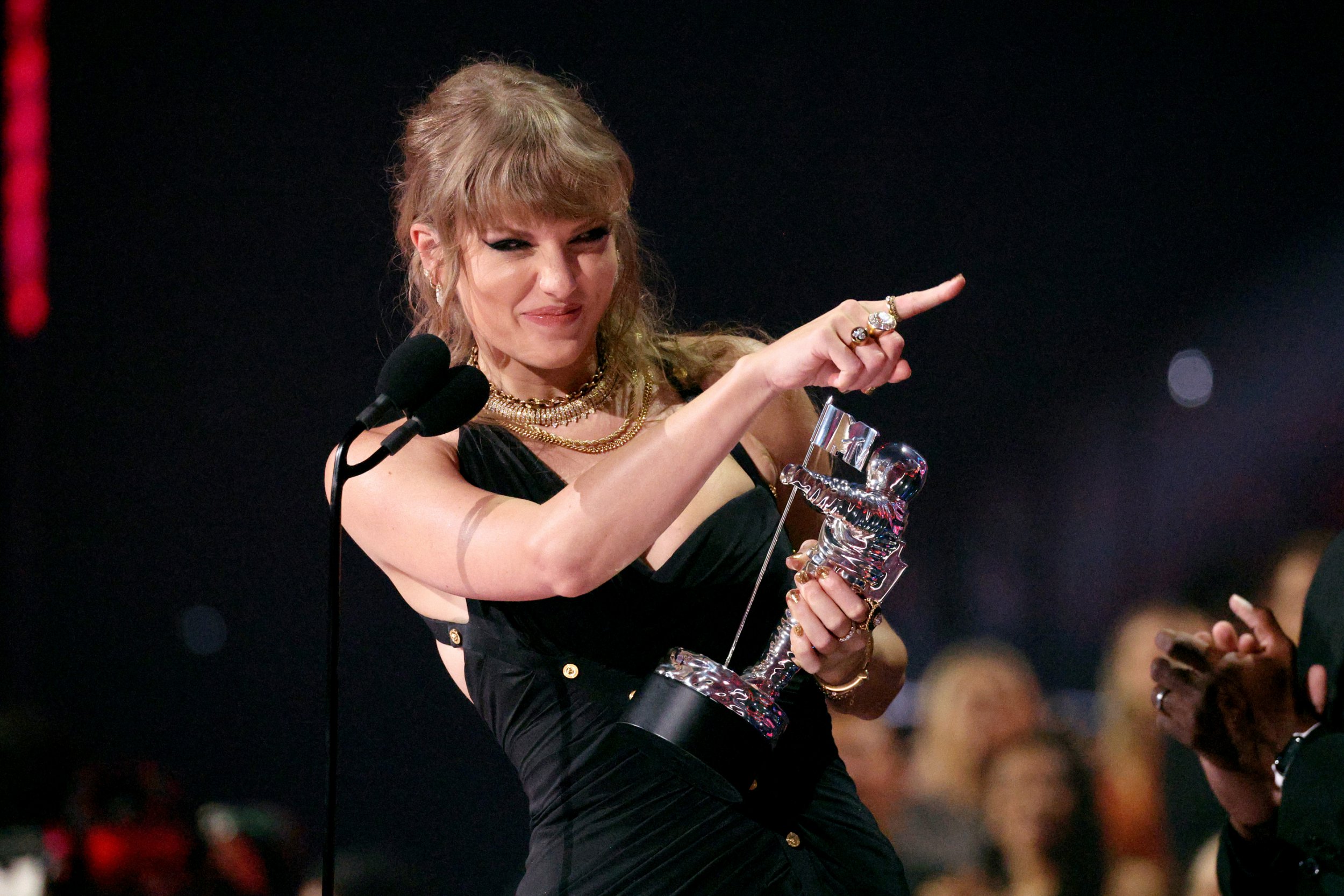
It is behaviours like this, or the rare instances of stalkers, that become more worrying with possible ‘devastating effects’.
Overly enthusiastic Swifties even showed up to spot Taylor at her friend Jack Antonoff’s wedding, which others chastised as inappropriate and invasive.
Stalking, which is illegal, can develop from overly enthusiastic fans with a strong parasocial relationship but Dr David notes this behaviour often requires other factors such as mental health issues.
Dr David added: ‘Most [fans] are capable of looking after themselves, and one another – I imagine Taylor’s fans are quick to weed out people they think are taking it too far within the fandom.
‘We often tend to think of parasocial relationships as the preserve of individual saddoes worshipping at a shrine in the bedroom.
‘But the vast majority are probably as committed to the fandom as to the media figure – it would be hard for them to disassociate the two. ‘
That being said, he doesn’t believe Swifties need to calm down, despite the fervour with which fans devour information about Taylor.
‘Just because it’s a parasocial relationship it doesn’t mean it’s any worse than a social relationship – some of which are incredibly toxic, of course!’ Dr David concluded.




















